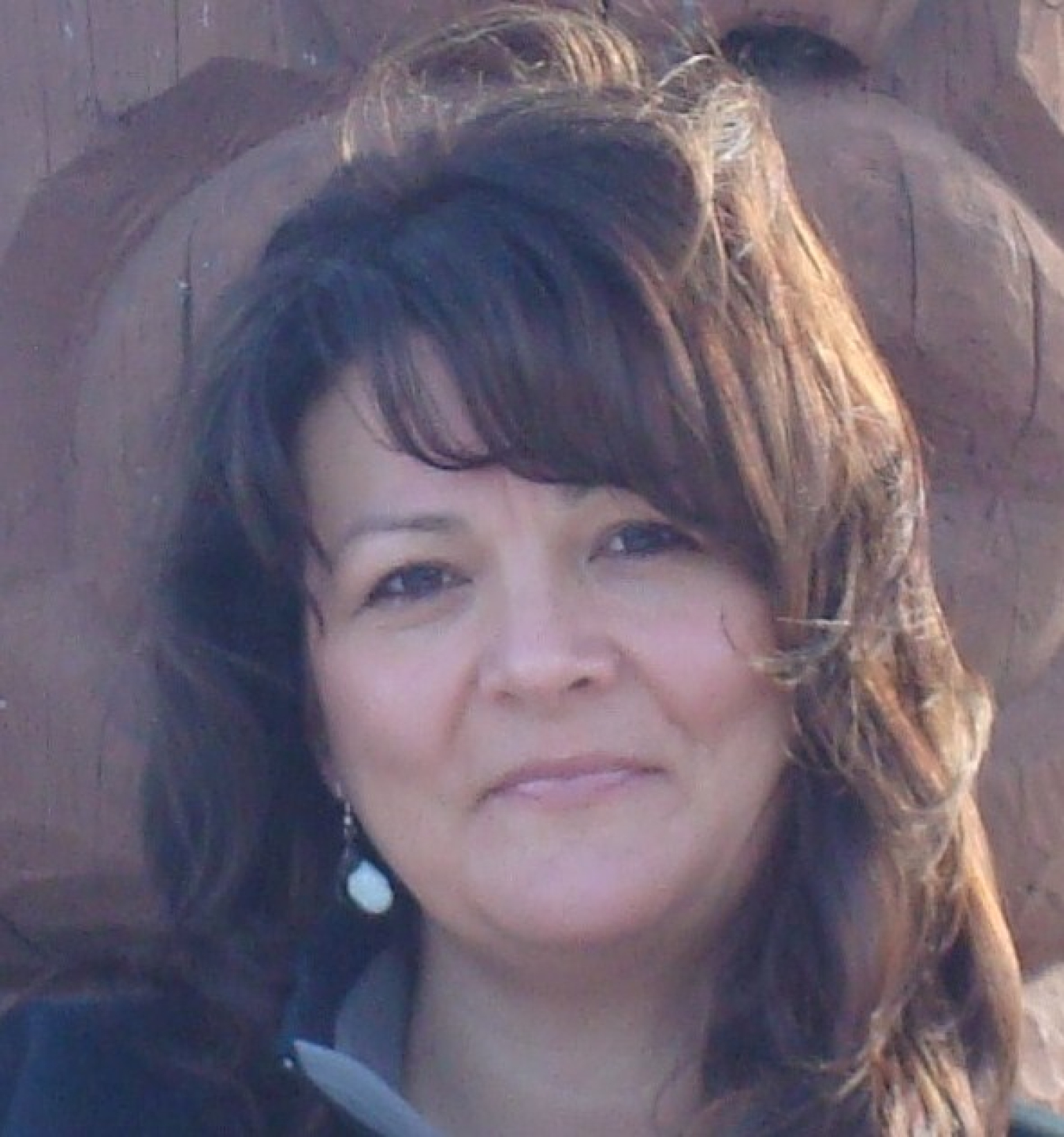Change doesn’t happen on its own. It’s led by dedicated and passionate people who are championing innovative solutions to Alaska’s energy challenges. Alaska Energy Champions is a regular feature in the Office of Indian Energy's Alaska Energy Pion...
Office of Indian Energy Policy and Programs
February 2, 2016
Change doesn’t happen on its own. It’s led by dedicated and passionate people who are championing innovative solutions to Alaska’s energy challenges. Alaska Energy Champions is a regular feature spotlighting pioneers of Alaska’s new energy frontier.
Name: Karen Johnson
Title/Role: Program manager specializing in rural Alaska workforce development at the Denali Commission
Affiliation: Denali Commission
Tell us about your larger role in promoting tribal energy development in your region of Alaska.
I am a Program Manager for the Denali Commission, specializing in rural Alaska workforce development. My role is to engage rural stakeholders, identify workforce development gaps and issues, and then facilitate discussion and resolution/solutions for those issues. The goal is to ensure these discussions are driven by the regional stakeholders who are dealing with the workforce disparity so whatever comes about—a new project, policy, or whatever—is owned and sustained by the regional powers that be.
What motivates you to do the work you do?
My hometown is Dillingham, Alaska, and even though I now reside in Anchorage, I still feel a sincere obligation to represent those still living in Alaska’s small communities. I know first-hand about the financial and economic struggles and challenges that rural Alaska faces due to the outrageous cost of living—especially energy costs. My husband and I invested substantially in snow machines, sleds, wood stove, and gas, which not everyone is as fortunate to afford, to counter an astronomic $800 per month fuel bill. I know that rural communities are disadvantaged when it comes to jobs, training, energy systems, healthcare, and many other critical community needs. I also know the reasons to live in rural Alaska, with all its beauty, nature wealth, and ancestral roots. It is without a doubt that having lived and experienced life growing up and raising a family in rural Alaska motivates me and continues to inspire my daily work.
How do you view the current energy challenges and opportunities?
To my knowledge, the central energy challenges are the high cost of transporting fuel and the construction, management, operation, and maintenance of energy systems. So unless alternative transportation options are built or developed, like roads and waterways, the cost of fuel as well as building and sustaining energy systems will continue to be excessive. And, unless training and education are provided to construct, manage, maintain, and operate energy facilities at the local level, they will continue to fail and/or depreciate more rapidly. In my opinion, training and education are fundamental when constructing and sustaining energy systems. Especially in rural Alaska where investments quadruple, more resources need to be directed at energy training and education at the community and consumer level.
Describe a project you’re working on currently that is helping address the energy challenges in your region.
I’m focused on developing training projects that will significantly affect the protection of the Denali Commission’s federal investments, extend the operational life of these investments, and reduce energy costs to owners. These developments are centered around building capacity for rural facility maintenance workers and tribal, municipal, and utility administrators.
Established in 2011, the Rural Alaska Maintenance Partnership (RAMP) was responsible for the development of a state standard certificate for Facility Maintenance Technician (level I), currently offered at Yuut Elitnaurviat, Interior Alaska Campus, Bristol Bay Campus, and AVTEC.
The Alaska Rural Manager Initiative (ARMI) is a collaboration of rural employers, post-secondary education and vocational training institutions, Native for-profit and nonprofit organizations, regional governments, and state and federal agencies. The ARMI group has met regularly since 2014 with the purpose of improving education and training programs for tribal, municipal, and utility administrators. ARMI’s efforts have successfully leveraged support and partners for the development of curriculum and programs that are relevant to Alaska’s rural administrators. Both RAMP and ARMI are statewide collaborations with results that will directly affect the energy challenges our tribal municipal governments face.
What’s your vision for the future of energy in rural Alaska?
I hope to see the focus of energy in rural Alaska broaden to include more emphasis on training and education for managing and maintaining local communities and their infrastructure. Communities that have the best managers and the most skilled maintenance workers will have the capacity to manage and maintain their own energy facilities, utilities, projects, programs and equipment; create more local jobs by reducing the importation of outside talent; reduce energy costs through well-managed and -maintained energy systems; diversify their economies and develop more small business; and be more proactive rather than reactive.
What do you see as being necessary to drive meaningful change?
Development and construction of energy systems and alternative energy systems are critical to rural Alaska, but just as critical are the skills and abilities of the people left behind to maintain and operate these systems. Imagine being left to alone to maintain your own home, your biggest investment, and not having enough resources, skills, or abilities to fix a leak in a water pipe, water tank or roof, or change the filters in your furnace, or upgrade doors and windows, or heat each room efficiently. Never mind a major problem like a defunct furnace of a broken water line or water tank—you get the picture. Meaningful change is to understand, without judgment, that new and/or upgraded energy infrastructure, facilities, equipment, and projects/programs needs to go hand-in-hand with providing full understanding (training if necessary) of what is needed to manage and/or maintain that investment.

